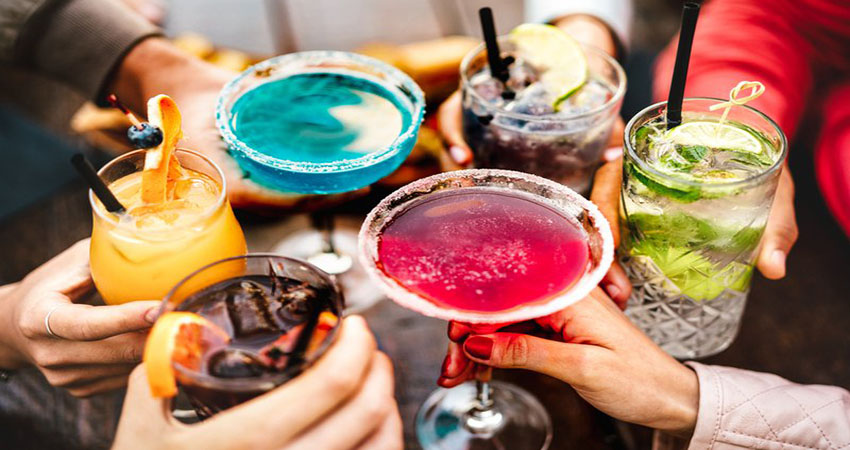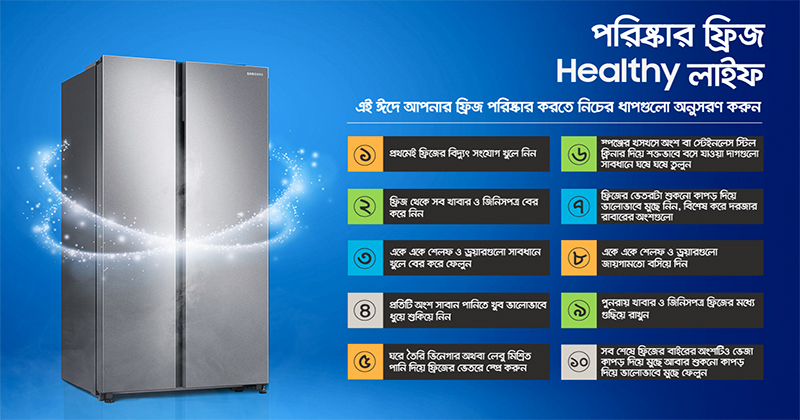During Eid festival people tend to include more red meat to prepare most of their meals, which they probably would not eat in a month and thereby jeopardize their health.
Ideally, only 20 percent of our calories must come from fat while 50 percent from carbohydrates and 30 percent from proteins. Red meat is rich in fat and proteins. When you are having three meals that predominantly have meat preparations, the digestive system gets overloaded.
An average meal takes about six-hour to digest. But in the case of meat-rich meals, it takes about 8-12 hours to be digested. During Eid gatherings, when people are having meat preparations for every meal, there is not enough time for the previous meal to get digested. This makes the stomach distended, causes acid reflux, bloating, pain and constipation.
Overconsumption of meat can cause the following possible damage on the body:
# Deep-fried meat preparation makes it more difficult to digest as there is fat from oil and from the meat to assimilate, leading to acid reflux, heartburn and bloating. Delayed digestion reduces blood circulation to the brain leading to fatigue and a foggy mind.
# Excessive red meat intake, more than 100 gms for more than two meals per day increases uric acid levels in the blood, liver enzymes, flaring inflammation-causing gout attack, kidney stones and arthritic joint pain.
# The risk of a sudden gall bladder attack is high with excess red meat intake as fatty meat dishes require a high amount of bile for digestion.
# Going over-limit on high meat dishes along with sugary deserts, high carb and high salt intake during Eid, especially in this summer, poses a high risk of heart attacks and strokes.
# This kind of unhealthy excessive eating with reduced water intake increases the risk of blood clot formation in our blood vessels.
Healthy ways to celebrate eid:
Hydration: With the temperatures soaring during Eid Al Adha, poor intake of water predisposes the risk of heart attack, kidney injury and food poisoning. Being mindfully well-hydrated can keep us off sudden health distress.
Increase intake of fruits & vegetables: Apart from offering us fibre and antioxidants, they keep the bowel healthy and the colonic bacteria in good form.
Breakfast: Be a vegetarian for breakfast. Start your day with a simple vegetarian breakfast high in soluble fiber, it keeps the bowels moving in good health. For e.g., oatmeal, berries, avocados, high-fiber fruits and egg whites.
Use natural marinades: Marinate meat in natural meat tenderizers such as papaya, pineapple, yoghurt and turmeric not only makes the meat soft but also requires less digestive enzymes in our stomach to digest.
Intermittent fasting: Give a break of up to four-six hours between lunch and dinner prevents indigestion. Avoid very late night heavy meals.
Restrict desserts: Keep all desserts to before dinner. This helps prevent high blood sugar and cholesterol levels in the blood and prevents the risk of a stroke.
Cut out soda: Avoid drinking carbonated sugary drinks with meals and opt for natural sparkling water, condiment-infused water (jeera, anise seeds, cinnamon), herbal teas to help with digestion.
Work out, in a fun way: Admittedly, it is hard to get into workout mode during the holidays. However, if you want to digest all those heavy meals and not pack on pounds during the days of Eid, it is suggested that you do get some exercise, albeit in a fun way. Riding a bicycle, kicking up the ball, having friendly sports banter with your friends are some of the excellent ways to sneak in physical activity.
Restraint is better than regret, so do not overeat, and if you face any health issues, seek treatment immediately.
Writer: Assistant Professor (Endocrinology & Metabolism)
Department of Medicine
MARKS Medical College & Hospital,
Mirpur-14, Dhaka



















